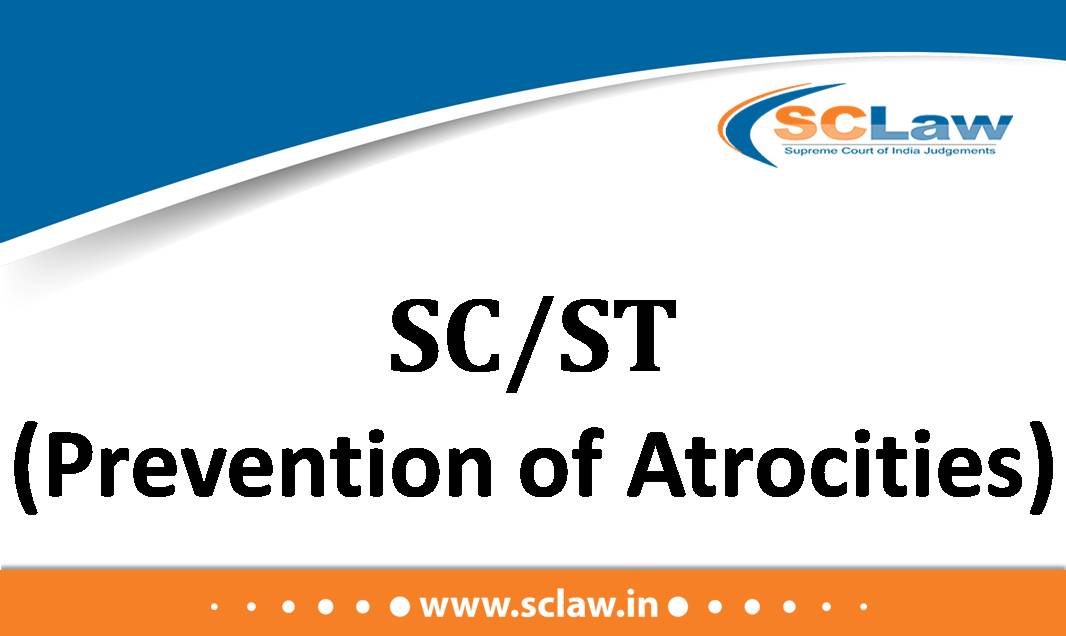Scheduled Caste and Scheduled Tribe (Prevention of Atrocities) Act, 1989 – Section 4(2) – The Olympic Riding and Equestrian Academy (OREA) is facing disputes over allegations of caste-based discrimination and other complaints filed against trainees and administrators – The main issue is whether the complaints filed under the Scheduled Caste and Scheduled Tribe (Prevention of Atrocities) Act, 1989, were substantiated and whether FIRs should be registered – The appellants argued that the complaints were not made in public view and lacked specific details, thus not constituting offenses under the Act of 1989 – The respondent claimed that the complaints were ignored by the police and not investigated as mandated by the Act of 1989 – The Supreme Court allowed the criminal appeal, upholding the Metropolitan Magistrate’s order that dismissed the application for FIR registration under the Act of 1989 – The court found the allegations vague, did not specify the offenses, and were not made in public view – The impugned judgment of the High Court directing the registration of an FIR was set aside
(2024) INSC 437 SUPREME COURT OF INDIA DIVISION BENCH PRITI AGARWALLA AND OTHERS — Appellant Vs. THE STATE OF GNCT OF DELHI AND OTHERS — Respondent ( Before : M.…

